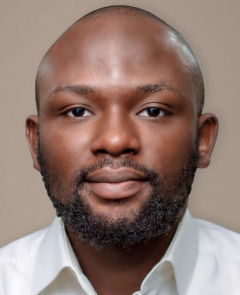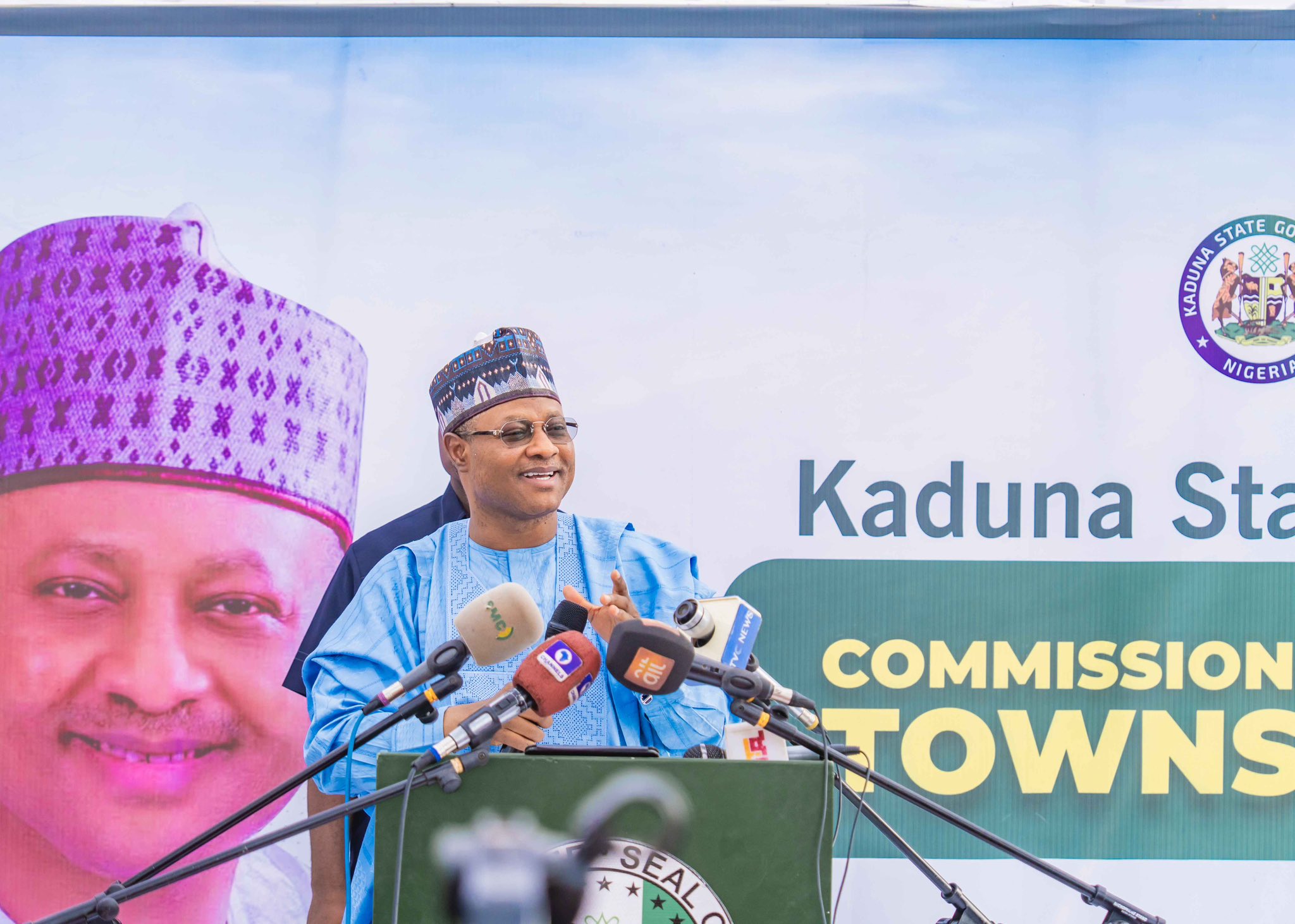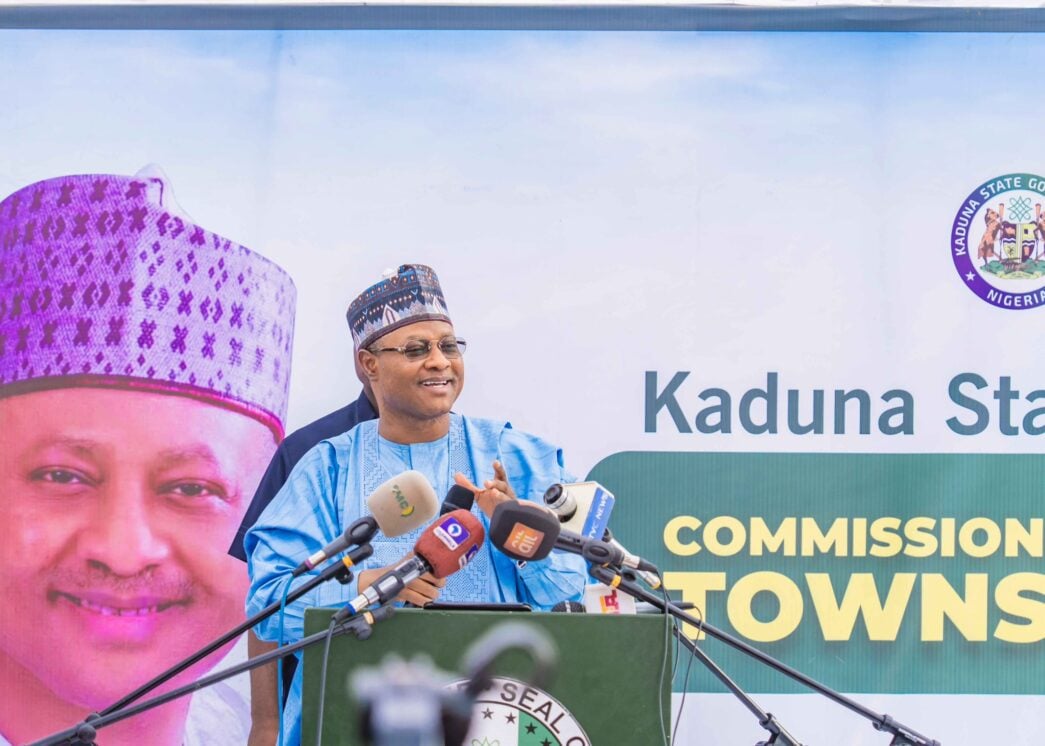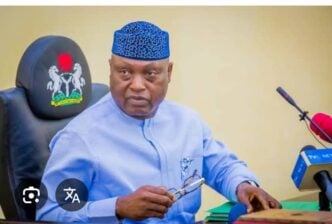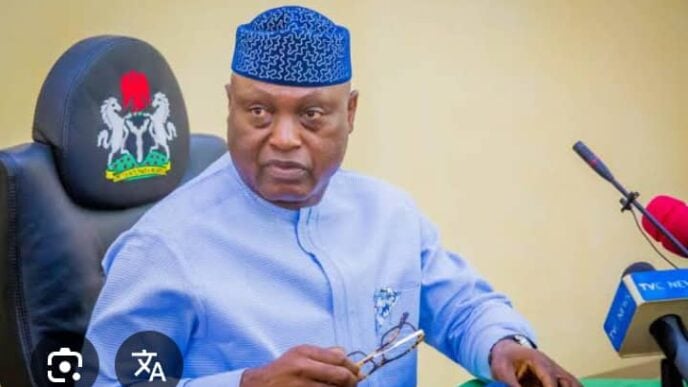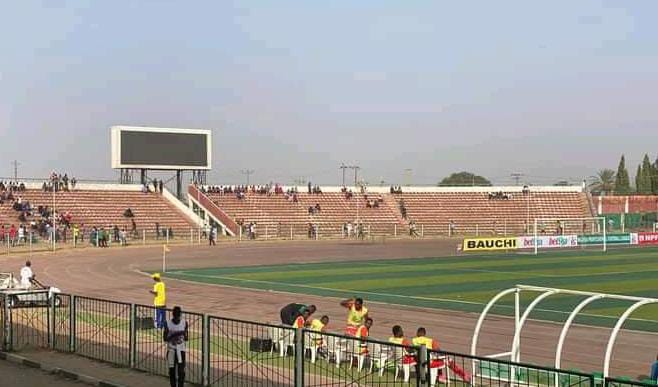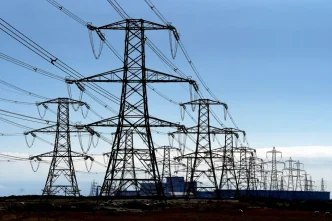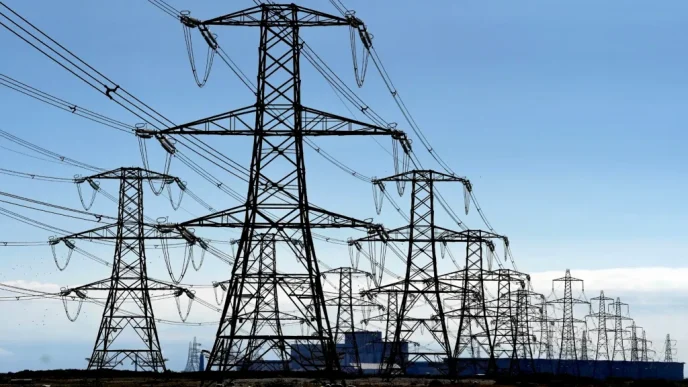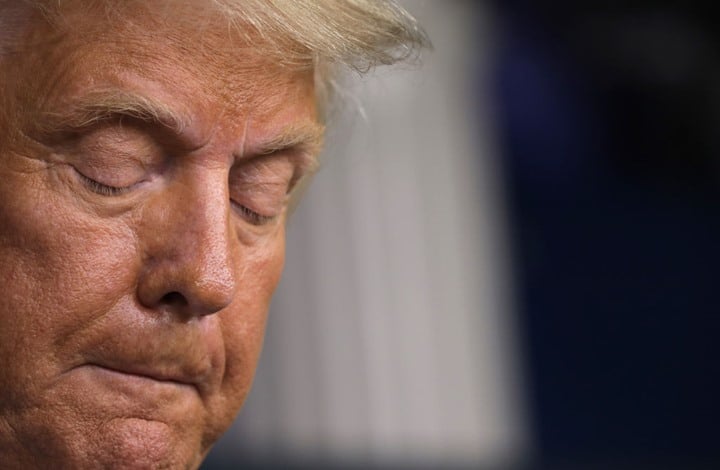One of the challenges that confronts global democracy today is the exhaustion with politics, that sense of broken public trust where politicians constantly say so much and nothing ever changes. In 1994, following a “cash for question” scandal that rocked the House of Commons, Sir John Major established a committee on standards in public life to make recommendations on the codes that must guide public conduct and restore trust in public life.
The committee, chaired by Lord Nolan, established what is today known as the seven principles of public life, otherwise known as the Nolan Principles. The principles include honesty, integrity, objectivity, selflessness, openness, accountability, and leadership. The emphasis here is that in rebuilding public trust, politicians must have moral rectitude and strong character principles.
In Nigeria, the situation is even more peculiar, where we see politicians who have neither moral rectitude nor strong character principles. This in part accounts for that exhaustion with politics and why people are so quick to tar every politician with the same brush. The easy thing to do today is to give up on politics, but we must refuse to give in to that despair, because despite the gloom, there are still a few outliers, and for them, we must remain hopeful.
I also have the conviction that if we knock politicians for the things they do, we must also find the courage to single out the outliers, who not only demonstrate these strong principles but are also able to deliver on tangible welfare benefits. Enter Sen. Uba Sani, the Governor of Kaduna State. Sani, an accomplished businessman, first made the limelight during his struggle for the restoration of democracy in Nigeria, following the annulment of the June 12, 1994, elections. As history has come to vindicate him, he was one of those who put their lives on the line against the might of anti-democratic forces. So more than anyone else, Sani understands the significance of the democracy Nigerians enjoy today and why leaders must recommit themselves to those Nolan principles.
Advertisement
From his June 12 activism to becoming a senator and now as a governor, Sani has remained unassuming and has never lost his essence; this perhaps accounts for why Kaduna, which was once a hotbed of violence, kidnapping, banditry, and terrorism, has become the new sub-national model for peace, tolerance, and unity. In all the accounts of the people of Kaduna that I have read, they all credit Sen. Uba Sani for rebuilding trust, reconciliation, and open engagement with ethnic and religious groups in a manner that shows respect for every group and leaves no one behind.
I have always argued that governance must be built on long-term success, not short-term advantage. One of the things I have consistently praised Sen. Uba Sani for is how he has refused to allow himself to be dragged into the politics of “who said what and who did what”—a situation where leaders are consistently looking for scapegoats or how to shift the blame rather than take responsibility, an all too familiar experience. The complete departure from this approach reflects his strong emotional intelligence and the wisdom to deal with the issues decisively.
This also perhaps explains the reason almost all the political heavyweights in Kaduna, irrespective of political leaning, are soon coalescing for him. This year alone, former governor of Kaduna State, Muktar Ramalan Yero; former senator representing Kaduna Central Senatorial District, Sen. Shehu Sani; former senator for Kaduna North Senatorial District, Sen. Suleiman Hunkuyi; former member of the House of Representatives, Sani Shaaban; and former senator representing Kaduna South Senatorial District, Sen. Danjuma La’ah have all defected to APC in Kaduna because of Sen. Uba Sani, whom they all describe as a unifier. The lesson here is that half of the job of a leader is people management.
Advertisement
“Vox populi, vox dei,” a Latin phrase that means “the voice of the people is the voice of God,” is even more relevant. The other day in Kaduna, President Bola Tinubu described Sen. Uba Sani as an agent of change, stability, love, unity, and progress, citing his ability to transform Kaduna from chaos to an atmosphere of peace and stability. Former Vice President Namadi Sambo also echoed similar sentiments when he described Uba Sani as a master of projects, noting that where others failed, he has delivered.
In just two years, Uba Sani has had a long list of accomplishments to his name. They include the completed 300-bed Specialist Hospital and the Institute of Vocational Training and Skills Development in Rigachikun, Samaru Kataf, and Soba, as well as the deployment of 100 CNG buses under the Kaduna Subsidised Transport Scheme (KSTS).
In just two years, he has initiated more than 78 road projects across the state, totalling about 775 km. The government is also working towards the realisation of the Kaduna light rail project. In the area of wealth creation, the government is making its mark; in just two years, the number of Micro, Small, and Medium Enterprises (MSMEs) in Kaduna has increased from under 20,000 to over 180,000.
Kaduna has also emerged as one of the leading sub-nationals for direct investment today. Some of the direct investments include the Lithium Processing Plant in Kaduna, a partnership between the Kaduna State Government and Ming Xin Mineral Separation Nigeria Ltd., and the construction of the $50 million Soya Bean Oil Refining Plant by Sunagrow International Oil Ltd. at Kutungare, Igabi Local Government, with a production capacity of 500,000 litres per day, among other key investments.
Advertisement
The important lesson here is that despite the distractions that come with such a high-stakes job, Sen. Uba Sani has remained committed to the mandate he was entrusted with by the people of Kaduna. This is an important lesson for every political leader today. If we must restore public trust in our politics, leaders must possess not just capacity and moral rectitude, but also the emotional intelligence to manage people. This is half the job of a leader, and we must take a cue from the Uba Sani example.
Seun Awogbenle, a Development and Public Policy Professional, writes from United Kingdom. He can be reached via [email protected].
Views expressed by contributors are strictly personal and not of TheCable.
